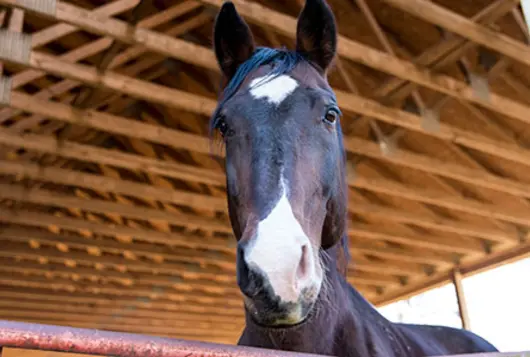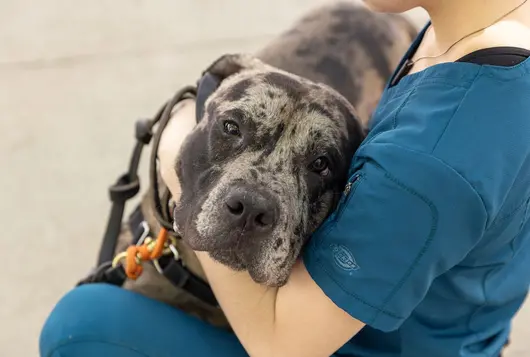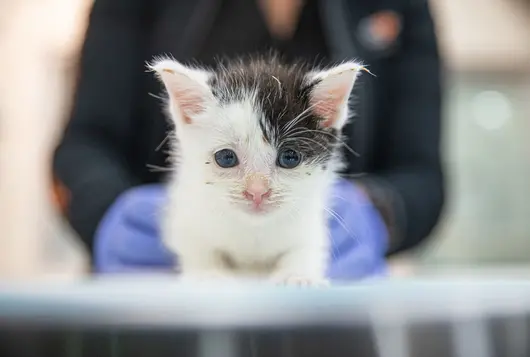Vet Tech Corner: Poison Prevention Tips for Puppies and Kittens

New puppy and kitten owners are often like sponges, ready to soak up new information, so taking a few minutes to discuss poison prevention may help prevent toxic exposures in those pets for years to come.
When talking with owners about caring for their new pets, just add a few key tidbits about poison prevention.
Safe House
Pet-proofing the house can go a long way to help prevent pet toxicities. If everyone ensured that their pets couldn’t get into the trash or cabinets, the ASPCA Animal Poison Control Center reports, there would be thousands fewer poisoned pets every year.
Crate Training
Likewise, crate training can keep a curious puppy or kitten from destroying things while the owners are gone that they’d rather have around, such as that fancy new pair of shoes – and that toxic vial of prescription drugs.
Container Dangers
Emphasize to owners that the words “tamper-resistant” don’t mean much to a puppy, since they can get into child-proof pill vials without much effort. The same thing goes for those tamper-proof rodenticide containers as well.
Drop It
Something as simple as teaching a pet “drop it” can be a lifesaver. The APCC gets many calls in which owners see that a pet grabbed a pill and try to grab it, but the pet swallows it too quickly. And the dropped pill problem can be avoided altogether if owners make sure there is a closed door between themselves and their pets every time that they take a pill or refill pill minders.
Safe Visitors
Visitors always present extra dangers, so counsel new owners to make sure all visitors know what is and is not OK to feed the pet, ensure that if the visitors have any medications with them that they are placed where the pet can’t get to them, and that they know where the pet is allowed to go. You can also refer owners to this holiday safety tips page.
Emergency Procedure
Add to your discussion the procedure your hospital wants to follow if toxic exposure is suspected. Should the owners call the hospital first? Should they call the ASPCA Animal Poison Control Center right off the bat? Make sure they have the appropriate phone numbers programmed into their phone – every second counts in an emergency.
Pet Safety Kit
Finally, ensure that they have a pet safety kit at home. In addition to being invaluable with medical emergencies, these can be lifesavers for toxic emergencies to help with decontamination that should be done at home. Here’s an easy do-it-yourself guide.
Owners should be encouraged to store it with the family’s emergency kit, take both kits on any family trip, and check the kits twice a year for expired items. (A great time to check them is when the time changes!)
More Vet Tech Corner Articles
We have lots more on this subject:




